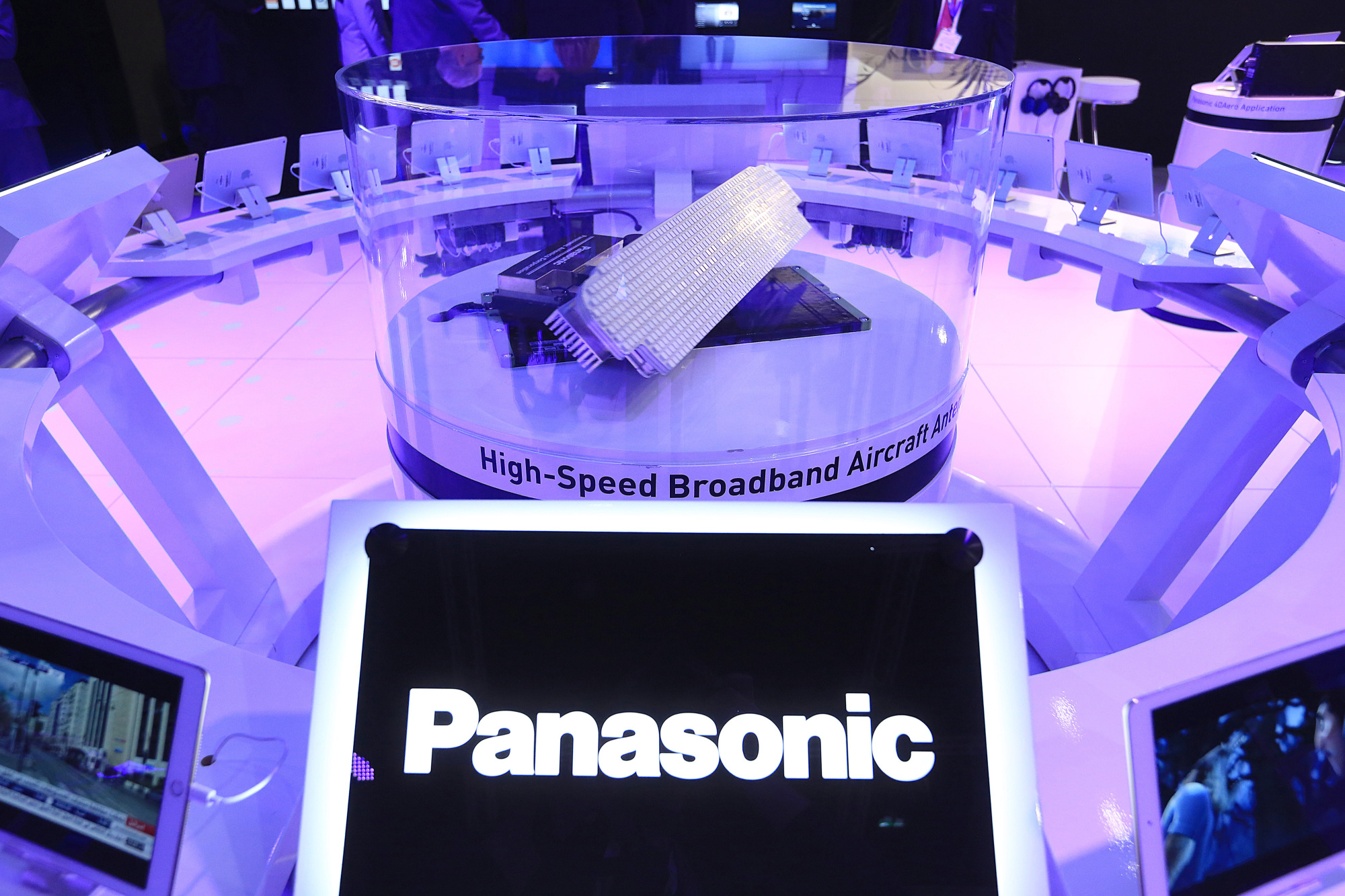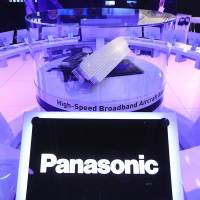Panasonic Corp. will begin selling its residential fuel cell systems in the U.K. and Austria this year as it seeks to solidify its lead in a product category that some see as a stepping stone to harnessing hydrogen as the fuel of the future.
Sales through German partner Viessmann Group will begin in August, Shinsuke Morita, sales and marketing manager for Panasonic's smart energy system business division, told reporters in Tokyo on Friday.
Hydrogen-powered fuel cells — known in Japan as "ene-farms" — promise to revolutionize the way energy is delivered to the home. Ene-farms use natural gas pumped from local utilities into a fuel cell that uses a processor to extract hydrogen. The hydrogen is mixed with oxygen from the surrounding air to produce electricity, with excess heat used to supply a home with hot water.
In 2014, Germany became Panasonic's first overseas market for home fuel cells through a partnership with Viessmann, a German maker of heating equipment. As many as 1,000 residential fuel cells were sold there last year, with Panasonic's system accounting for most of them, according to Morita.
Osaka-based Panasonic is aiming to sell "tens of thousands of units in Europe by 2020," Morita said in an interview.
In Japan, Panasonic accounts for half of the roughly 200,000 residential fuel cell systems that have been sold since 2009, according to the company.
Toshiba said earlier this week that it will stop making and selling home fuel cell systems. Toshiba has sold about 80,000 of the units.
Toshiba's exit leaves only Panasonic and Aisin Seiki Co. as suppliers of fuel cells for homes, while other companies such as Kyocera Corp. are entering the market for commercial systems for use in restaurants and factories.




















With your current subscription plan you can comment on stories. However, before writing your first comment, please create a display name in the Profile section of your subscriber account page.